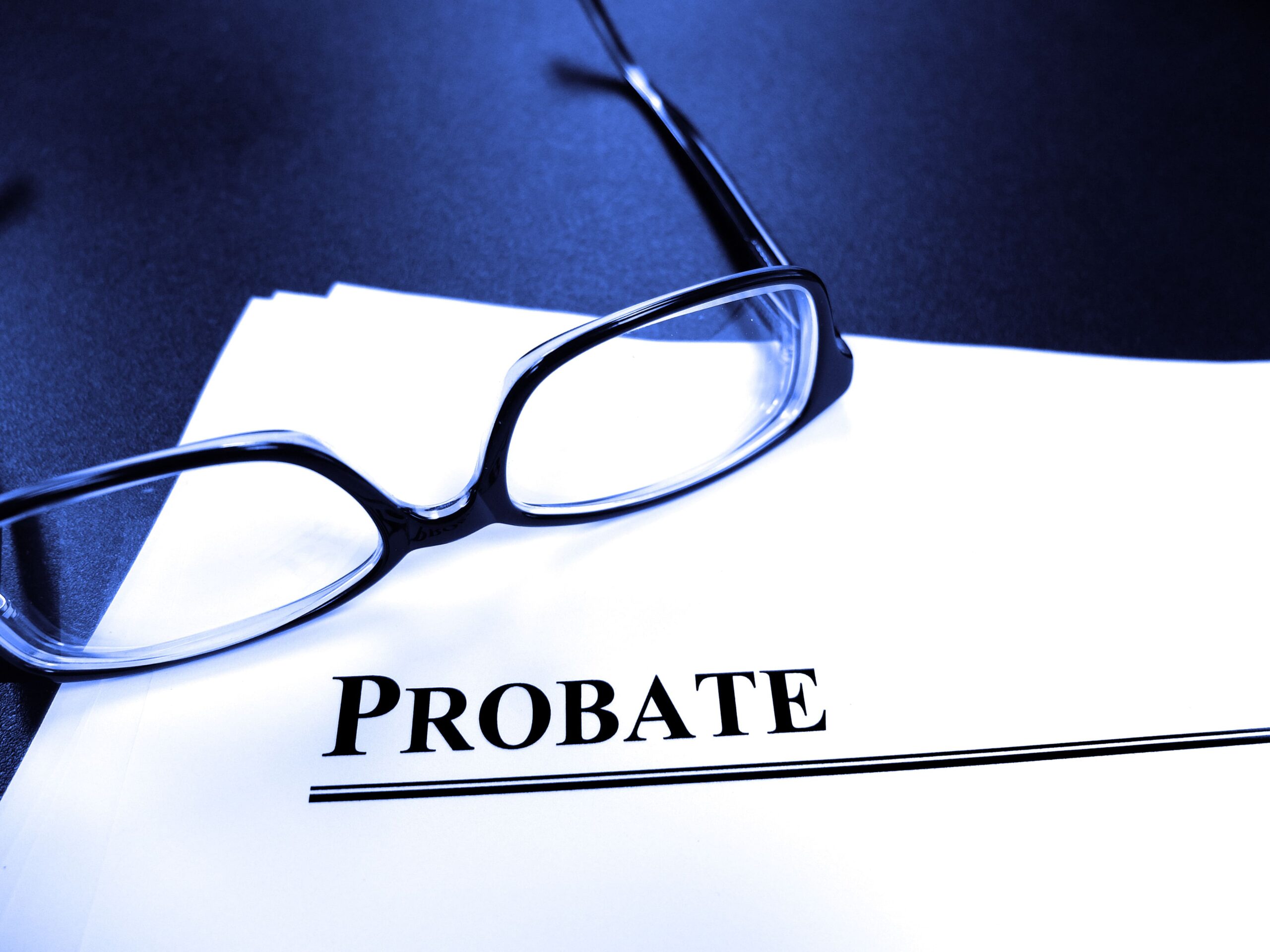Probate can be a daunting and complex process, especially during a time of loss. For residents of Santa Clarita, navigating the intricacies of probate law in California is crucial to ensure that a loved one’s estate is managed and distributed according to their wishes. This guide, provided by the Law Offices of Andrew Cohen, outlines each step in the probate process, helping you understand what to expect and how a Santa Clarita probate attorney can assist you.
1. Understanding Probate
Probate is the legal process through which a deceased person’s estate is administered and distributed. It involves validating the will, paying off debts and taxes, and distributing the remaining assets to the rightful beneficiaries. The estate will be distributed according to California’s intestate succession laws if the deceased did not leave a will.
2. Filing the Petition
The first step in the probate process is filing a petition with the probate court. This is typically done by the executor named in the will or, if there is no will, by a family member. The petition requests that the court officially appoint the executor or administrator to manage the estate. It’s crucial to consult a Santa Clarita probate attorney at this stage to ensure all paperwork is accurately completed and filed.
3. Notifying Heirs and Beneficiaries
Once the petition is filed, all heirs, beneficiaries, and creditors must be notified of the probate proceedings. This step ensures that everyone with a potential interest in the estate is aware of the process and can make claims or contest the will if necessary. Proper notification is a legal requirement, and a probate attorney in Santa Clarita can help ensure it is carried out correctly.
4. Inventory and Appraisal of Estate Assets
The appointed executor or administrator must then take an inventory of the deceased’s assets, including real estate, personal property, bank accounts, and investments. An appraisal may be necessary to determine the fair market value of these assets. This comprehensive inventory is crucial for the accurate distribution of the estate. A Santa Clarita probate attorney can guide how to efficiently and accurately complete this inventory.
5. Paying Debts and Taxes
Before distributing the estate to the beneficiaries, all outstanding debts and taxes must be paid. This includes any final medical bills, credit card debts, and funeral expenses. The executor is also responsible for ensuring that any estate taxes and the deceased’s final income tax return are filed and paid. Managing these financial obligations can be complex, and having a probate attorney in Santa Clarita can help navigate this phase efficiently.
6. Resolving Disputes
Disputes may arise during the probate process, such as challenges to the validity of the will or disagreements among beneficiaries. These conflicts can significantly delay the probate process. A Santa Clarita probate attorney can help mediate and resolve these disputes, ensuring that the process continues smoothly and in accordance with the law.
7. Distributing the Estate
Once all debts and taxes have been paid and any disputes resolved, the executor can distribute the remaining assets to the beneficiaries as specified in the will. If there is no will, the distribution is done according to California’s intestate succession laws. Ensuring accurate and fair distribution is critical, and a probate attorney can oversee this process to prevent any legal issues.
8. Closing the Estate
The final step in the probate process is closing the estate. The executor must file a final report with the probate court detailing all actions taken, including the inventory of assets, payments of debts and taxes, and distribution of the estate. Once the court approves this report, the executor is released from their duties, and the probate process is officially concluded. A Santa Clarita probate attorney can assist in preparing and filing this final report, ensuring compliance with all legal requirements.
Why Hire a Santa Clarita Probate Attorney?
Navigating the probate process can be overwhelming, especially during a time of grief. A probate attorney in Santa Clarita can provide invaluable assistance by:
- Ensuring Legal Compliance: Probate involves numerous legal requirements and deadlines. An experienced probate attorney can ensure that all necessary steps are completed correctly and on time.
- Handling Paperwork: Probate requires extensive paperwork, including filing petitions, notifying heirs, and submitting reports. A probate attorney can manage this paperwork, reducing the burden on the executor.
- Managing Disputes: Conflicts among heirs or beneficiaries can arise during probate. A probate attorney can mediate these disputes and represent the estate in court if necessary.
- Protecting Assets: An attorney can help protect the estate’s assets, ensuring they are properly managed and distributed according to the deceased’s wishes or state law.
- Providing Peace of Mind: Having a knowledgeable probate attorney by your side can provide peace of mind, knowing that the estate is being handled professionally and in compliance with the law.
Conclusion
The probate process in California can be complex and time-consuming, but with the guidance of a Santa Clarita probate attorney, you can navigate it more smoothly and efficiently. The Law Offices of Andrew Cohen are here to assist you through every step, from filing the initial petition to closing the estate. Whether you need help managing paperwork, resolving disputes, or ensuring legal compliance, a skilled probate attorney in Santa Clarita can provide the support and expertise you need.


